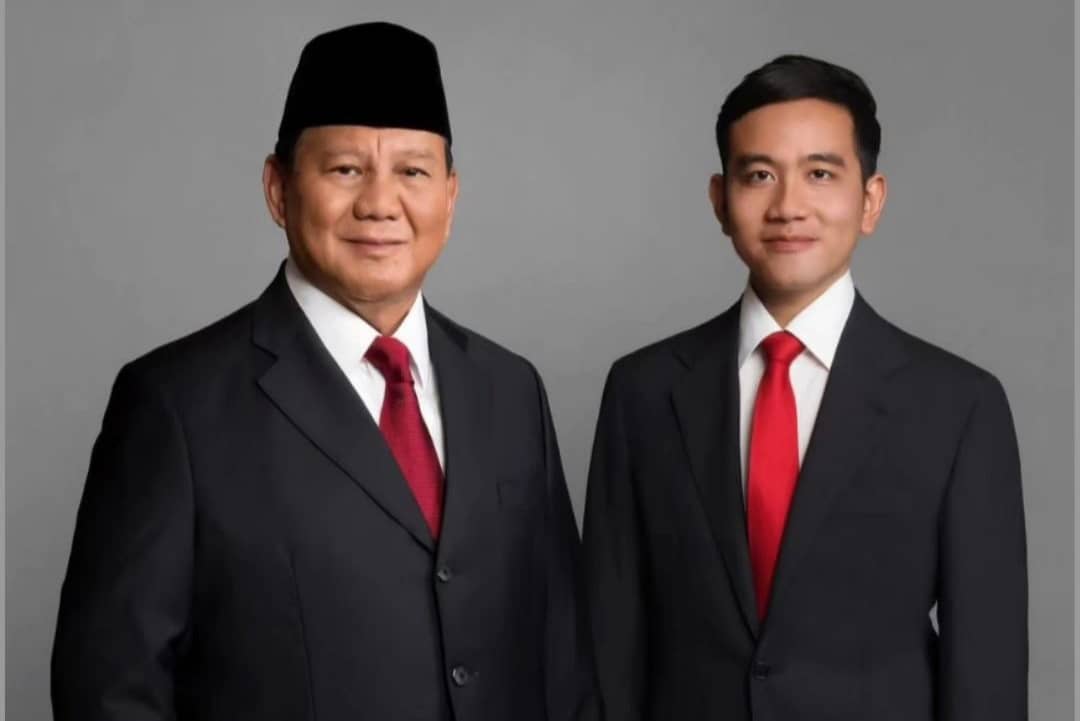Introduction: A New Diplomatic Paradigm
As President Prabowo Subianto and Vice President Gibran Rakabuming Raka mark their first 100 days in office, Indonesia’s diplomatic trajectory is undergoing significant transformation. Confronted with a dynamic international landscape marked by geopolitical conflicts, economic realignments, and climate challenges—the administration is seeking to reinforce Indonesia’s standing on the global stage. While maintaining the principles of a free and active foreign policy (politik luar negeri bebas aktif), the new administration is adopting a more assertive and pragmatic diplomatic approach.
This early phase of the Prabowo-Gibran administration offers key insights into Indonesia’s evolving role in global governance, regional stability, economic diplomacy, and environmental commitments. The decisions made during these foundational months will shape Indonesia’s geopolitical influence in the years ahead.
A Bold Approach to Diplomacy
One of the most defining moves of the Prabowo-Gibran administration has been Indonesia’s reinforced engagement with international organizations, particularly BRICS. By seeking full membership in this emerging economic bloc, Indonesia is expanding its access to alternative global financial mechanisms, reducing dependency on Western financial institutions, and strengthening South-South cooperation. This strategic shift aligns with Indonesia’s broader economic diversification agenda amid rising trade tensions and economic uncertainty in the post-pandemic world
Economic and Investment Diplomacy: Driving Sustainable Growth
The Prabowo-Gibran administration is prioritizing economic diplomacy as a cornerstone of its foreign policy. Strengthening bilateral ties with key economic partners such as the United Arab Emirates, Japan, and China. The administration is actively negotiating trade and investment agreements that enhance market access for Indonesian products, particularly in high-value industries such as electric vehicles, digital technology, and renewable energy.
Foreign direct investment (FDI) is being positioned as a growth catalyst, with streamlined regulatory policies aimed at enhancing Indonesia’s competitiveness. The government is leveraging public-private partnerships (PPPs) to accelerate infrastructure development, focusing on sustainable urban planning, high-speed rail projects, and energy transitions. By integrating green investment policies, Indonesia is not only securing economic benefits but also reinforcing its global commitments to climate action.

Additionally, Indonesia’s engagement with international financial institutions such as the Asian Infrastructure Investment Bank (AIIB) and the Islamic Development Bank (IDB) underscores its efforts to secure alternative funding sources that align with national development priorities. This diversified investment strategy strengthens Indonesia’s resilience against external economic shocks while fostering long-term sustainable growth.
Global Political Reorientation: Navigating Major Power Rivalries
In an era of escalating geopolitical tensions—exemplified by the US-China rivalry and Russia’s ongoing conflict in Ukraine—the Prabowo-Gibran administration has sought to maintain a balanced diplomatic approach. Indonesia continues to assert its non-alignment policy by engaging constructively with all major global powers while safeguarding its strategic autonomy.
Additionally, Indonesia’s increasing participation in multilateral forums, such as the G20 and ASEAN, reflects its aspiration to influence global governance reforms. The administration has actively advocated for fairer trade policies, debt restructuring mechanisms for developing economies, and inclusive digital transformation. These efforts reinforce Indonesia’s credibility as a leader among emerging economies.
Environmental and Climate Diplomacy: Commitment to a Sustainable Future
Environmental diplomacy has also emerged as a critical pillar of Indonesia’s international engagement. The Prabowo-Gibran administration has reaffirmed Indonesia’s commitment to achieving carbon neutrality by 2060, a target underscored by its active participation in the Climate Change Conference (COP28). The government is accelerating initiatives to expand renewable energy sources, particularly solar and geothermal, and has strengthened partnerships with global actors such as Norway and Germany to protect Indonesia’s rainforests.
Furthermore, the administration is focusing on reducing carbon emissions from the industrial sector while promoting green financing frameworks. The expansion of Indonesia’s carbon trading system and the implementation of sustainable palm oil certification programs illustrate the country’s pragmatic approach to balancing economic growth with environmental responsibility
Challenges and Future Prospects
Despite its early diplomatic strides, the Prabowo-Gibran administration faces several challenges that could shape the long-term effectiveness of its foreign policy.

- Navigating South China Sea Tensions – The increasing assertiveness of China in the region poses an ongoing dilemma. While Indonesia seeks to maintain constructive economic ties with China, it must also reinforce its territorial sovereignty and safeguard its exclusive economic zone (EEZ). Strengthening regional alliances through ASEAN while maintaining bilateral dialogue with Beijing will be crucial in preventing conflicts.
- Global Economic Volatility – The ongoing global economic slowdown, coupled with potential disruptions in supply chains, requires Indonesia to adopt adaptive economic policies. Diversifying trade partners and ensuring resilience against external shocks will be essential.
- Maintaining Policy Consistency – A key factor in Indonesia’s diplomatic success will be ensuring continuity and coherence in foreign policy. Aligning domestic policies with international commitments, while avoiding abrupt shifts in strategic direction, will strengthen Indonesia’s credibility as a reliable partner.
Looking ahead, Indonesia’s ability to leverage its diplomatic momentum, capitalize on economic opportunities, and effectively manage regional security concerns will determine its trajectory as a leading power in the Global South. If the Prabowo-Gibran administration sustains its current diplomatic initiatives, Indonesia has the potential to emerge as a formidable actor in global governance, economic leadership, and environmental sustainability.
Conclusion: A Strategic Diplomatic Framework for the Future
The first 100 days of the Prabowo-Gibran administration have signaled a bold and strategic reorientation of Indonesia’s diplomacy. By prioritizing economic diversification, reinforcing maritime security, and championing climate action, Indonesia is actively shaping its role on the global stage. While challenges remain, the administration’s commitment to a balanced and pragmatic foreign policy provides a solid foundation for future diplomatic endeavors.
As Indonesia continues to navigate the complexities of the international arena, its ability to maintain strategic autonomy while fostering cooperative global partnerships will be the defining factor in its diplomatic success. If effectively managed, the policies set in motion today could cement Indonesia’s status as a pivotal force in international affairs for decades to come.
